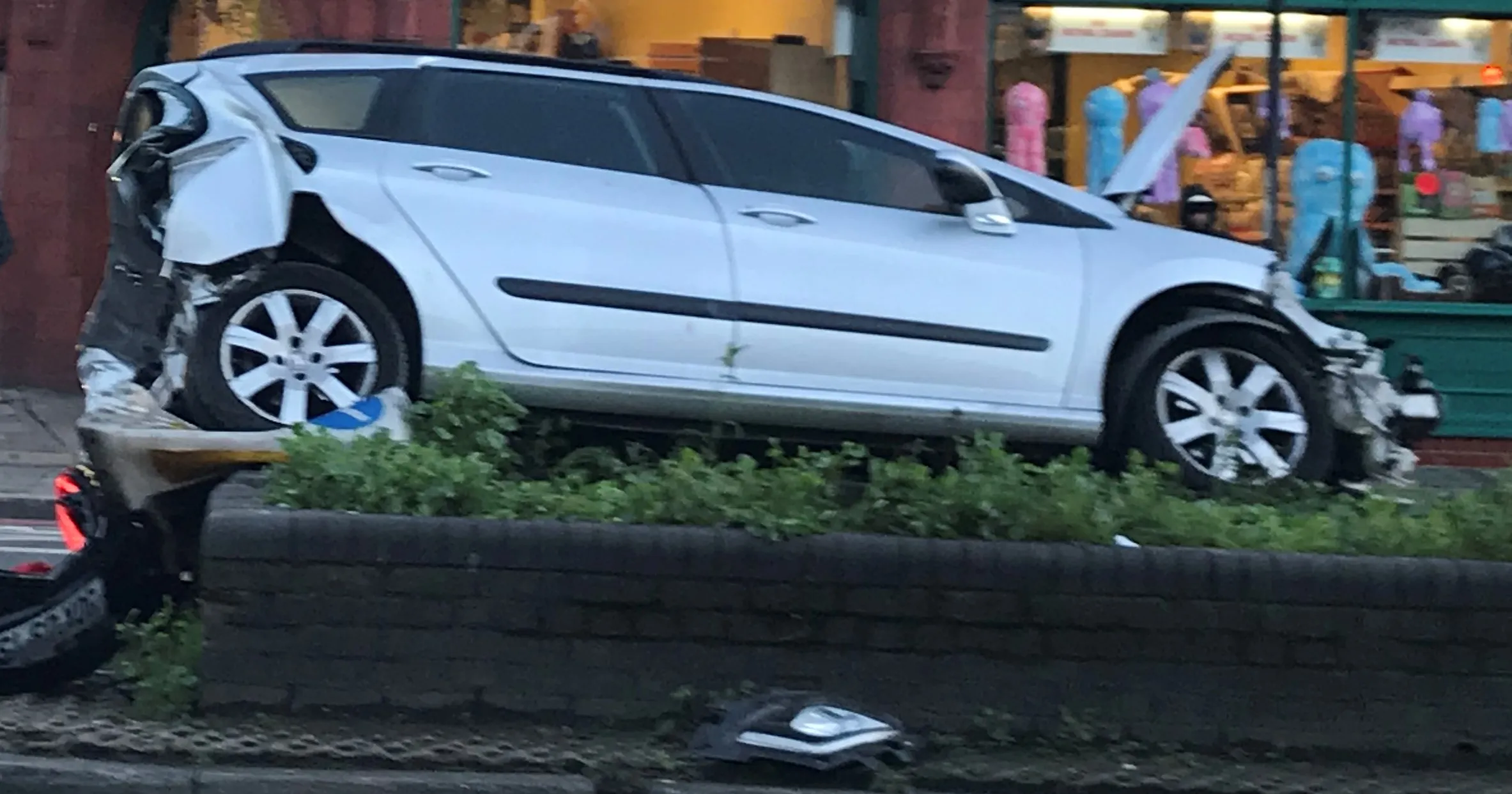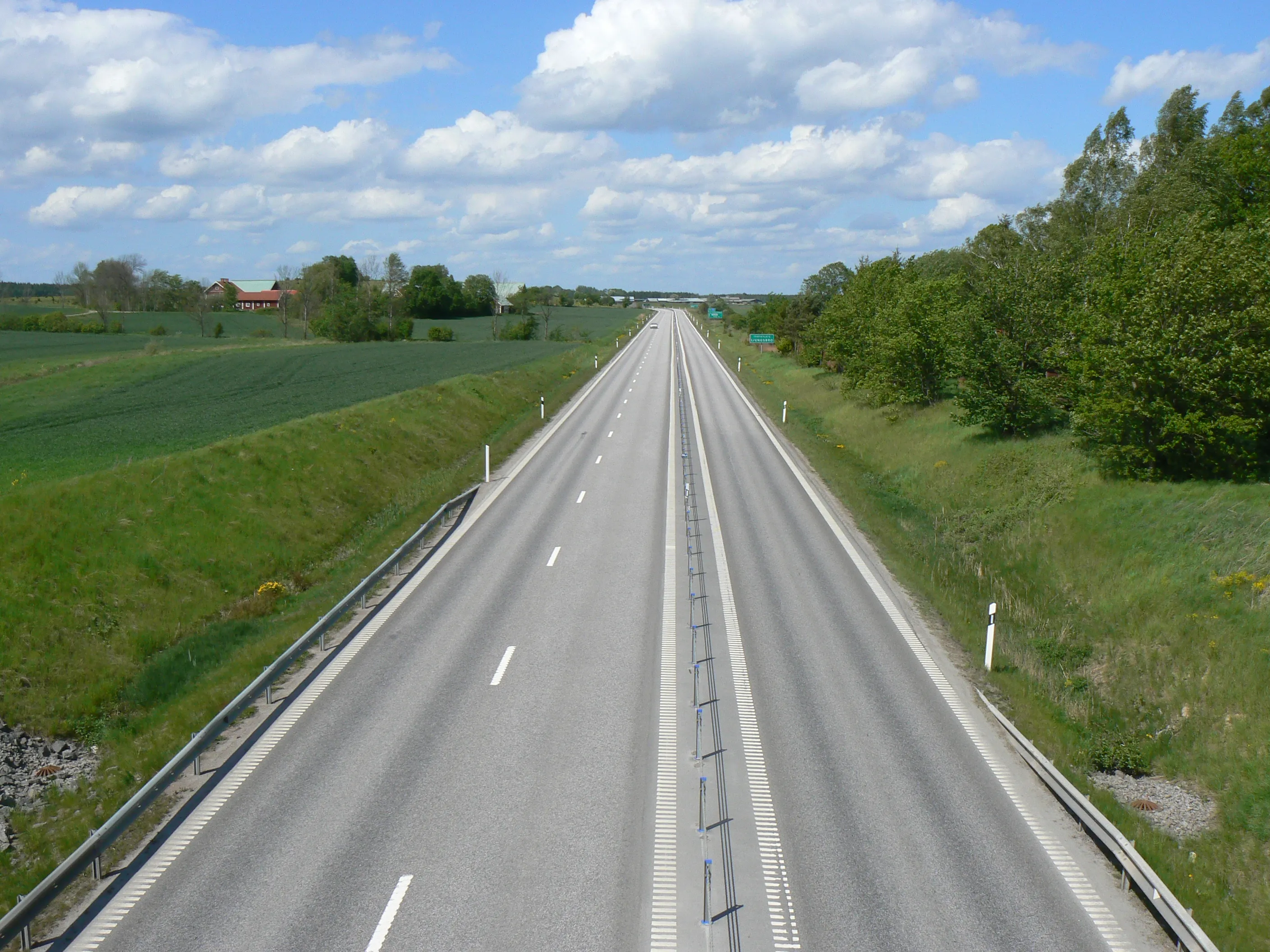Slowing down can help boost road safety.
By MJ Woof
November 30, 2020
Read time: 1 min

A new study carried out by the UK’s Transport Research Laboratory (TRL) shows that increasing vehicle speeds by 1% increases the incidence of crashes. The study shows that a 1% jump in speeds boosts the incidence of crashes involving serious injuries by 3% and fatal crashes by 4%.
Despite this risk, some 54% of UK drivers questioned for the survey have admitted speeding in 50km/h (30mph) zones.
To reduce the incidence of crashes, TRL is calling for a change in speed limits in urban areas with a switch to 30km/h (20mph) limits being introduced, particularly in high density areas. TRL says that this low level speeding can be risky as with high level speeding.
Reducing urban speed limits would assist in promoting active travel in urban areas according to TRL, with a boost for public health and a reduction in urban pollution from traffic emissions.








